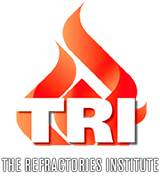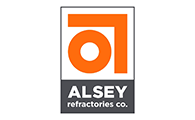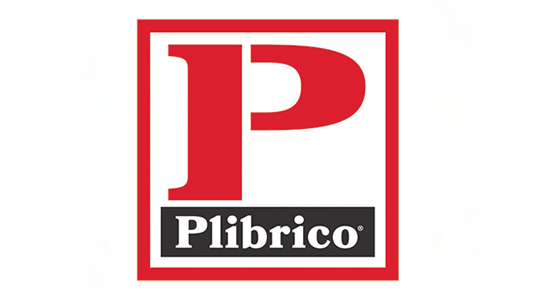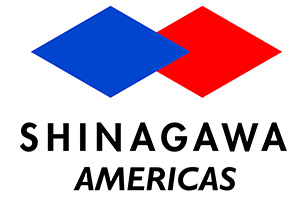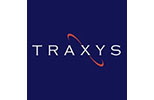The Refractories Institute (TRI) Announces 2018 Scholarship Recipients
July 17, 2018—Cleveland, OH—TRI (The Refractories Institute) is pleased
to announce the three recipients of this year’s scholarships for college
students who are pursuing an education related to refractory science.
TRI, comprised of approximately 50 member companies that operate in
the refractory industry, awards scholarships annually. This year’s
recipients are: Larisa Cousineau, University of Waterloo; Alexander
George, Alfred University; and Sarah Whipkey, Alfred University.
The academic scholarships are awarded by TRI’s scholarship committee,
and are distributed to each student as a one-time grant of $5,000.
To be eligible, students must be currently in pursuit of a degree
(undergraduate or graduate) in materials science, ceramic engineering,
or similar disciplines. Students must be enrolled full-time at a North
American college or university. Scholarships are awarded to a limited
number of students each year and are based on academic merit and the
student’s interest and experience in the field of refractories.
Cousineau is pursuing a Bachelor of Applied Science in Nanotechnology
Engineering from the University of Waterloo, in Waterloo, Canada.
She interned at Vesuvius Canada in the quality assurance lab and assisted
in development of standardized work instructions for the Project Engineer.
Her other internships include AXYZ International, Solvay, and project
development with professors at the University of Waterloo.
George is pursuing a B.S. in Ceramic Engineering from the Inamori
School of Engineering at Alfred University in Alfred, N.Y. He interned
at Monofrax, working on projects including development of a mold coat
using recycled sawdust and grinding waste from block machining processes,
improving the efficiency of AZS chemistry conversion to correct for
chemistry variations in the melt pool depth, and using GPR (ground
penetrating radar) to analyze sidewall block quality.
Whipkey is pursuing a Ph.D. in Ceramic Engineering from Alfred University.
She has a B.S. in Materials Science and Engineering from Virginia
Tech. She has published on densification and grain growth of alumina
in the presence of liquid phases in the CaO-Al2O3-SiO2 system. Her
current research expands on this topic to further understand the sintering
behavior of alumina as the glass phase chemistry changes, both in
composition and quantity. By knowing the exact composition of the
liquid phase, it is believed that glass formation and reaction processes
within refractory ceramics can be better understood and predicted.
For more information about TRI and their scholarship application requirements,
visit them on the web at www.refractoriesinstitute.org.
About TRI
Established in 1951, TRI (The Refractories Institute) is an association
of approximately 50 member companies dedicated to providing support
and services to manufacturers of refractory materials and products,
and suppliers of raw materials, equipment, and services to those in
the refractories industry. TRI fosters collaboration, educates the
public, and helps members navigate an ever-shifting regulatory landscape.
For more information, contact TRI at 1300 Sumner Avenue, Cleveland,
OH 44115. Phone: 216-241-7333. Fax: 216-241-0105. Email: info@refractoriesinstitute.org.
Web: www.refractoriesinstitute.org

